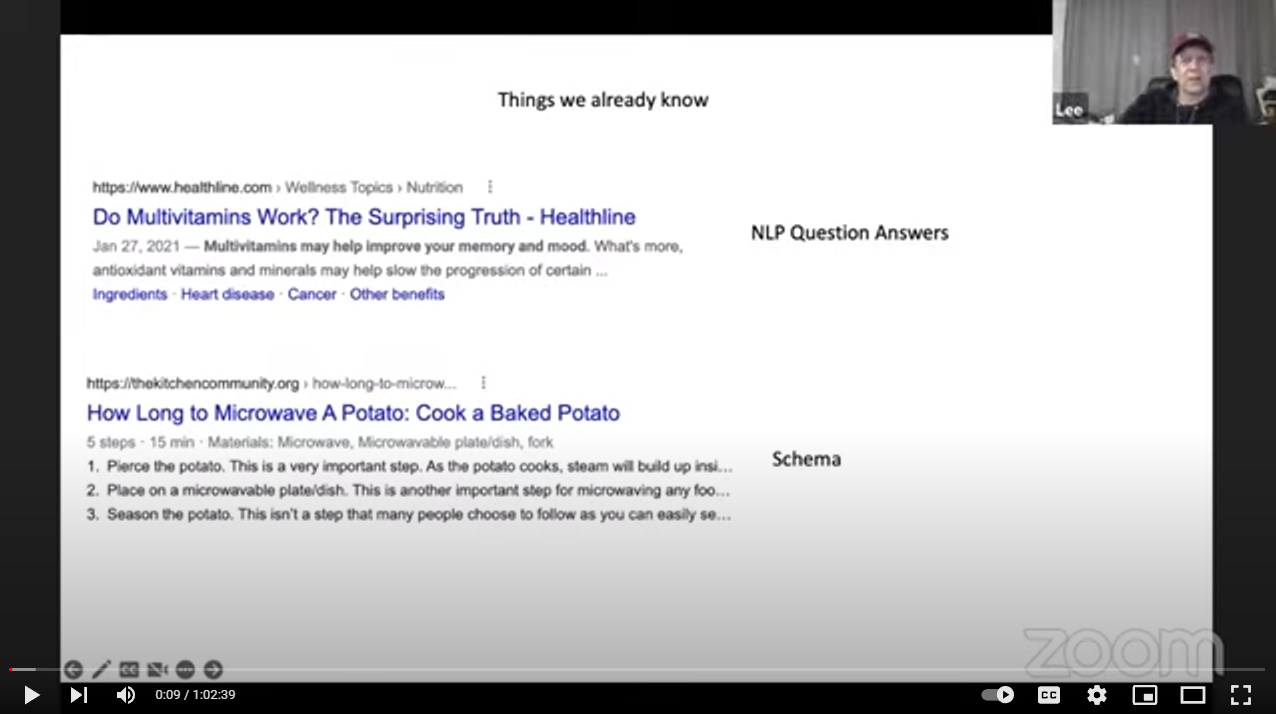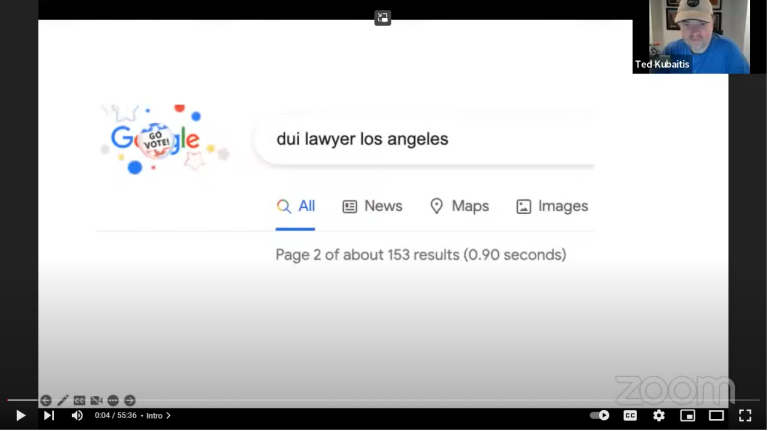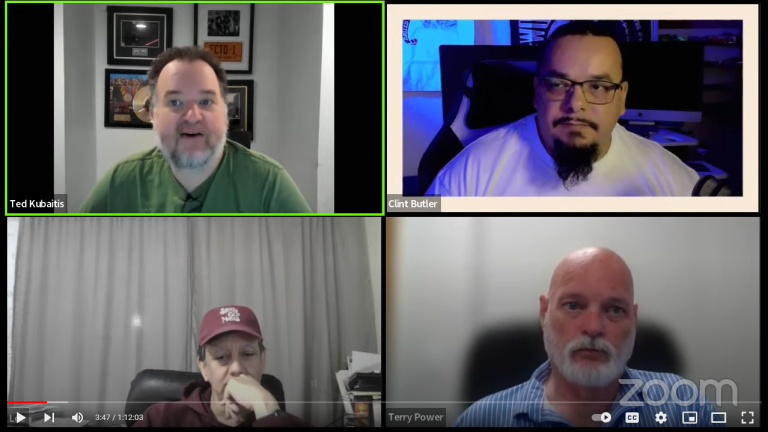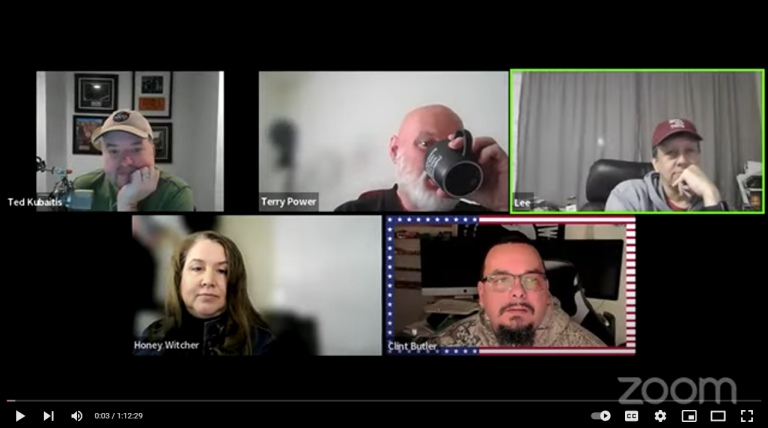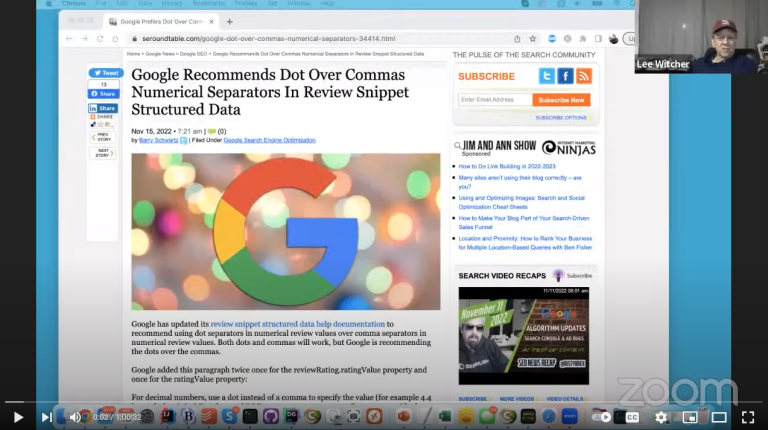SEO Fight Club – Episode 181 – Helpful Content Theories
SEO Fight Club / By
“Let The SEO Fight Club Begin!”
– I recently attended a live episode of SEO Fight Club and encouraged participants to ask questions
– Carolyn discussed that indexing is taking longer than normal, particularly for new content
– It’s important to remember that Google Search Console often takes much longer to index pages than the Indexing API does
– Lee shared screenshots of something strange he was seeing in search results which appeared to indicate Google was running NLP on certain page types without using special schema markup
==========
“Hummingbird: Google’s NLP Analysis Of Content”
– Google has been conducting NLP analysis of content, beyond just featured snippets and into the top search results.
– This feature is expected to improve with Hummingbird.
– I noticed that when searching for certain topics, such as “benefits for pregnant people,” Google was itemizing lists found on the page in its search results summary.
– I theorized that this could be related to finding helpful tidbits on a page and presenting them in search results.
-I observed instances where best trigger words led to presentation of pros/cons or being able to answer questions without a direct query from users.
-This suggests that Google is trying to quickly provide answers to user queries without them having to phrase their request as an exact question.
==========
“Manipulating The System: Uncovering The Power Of NLP Keyword Tools”
– I recently discovered that there is a new class of keyword tools which measure capability based on unique and diverse NLP benefit types.
– This could be why many Affiliates were impacted when helpful content was released, as the affiliate model usually promotes “best this thing best that thing”.
– I was shocked to realize Google has the capability to parse and itemize top benefits with some sort of system, given they can score them in order of most important to least important.
– Having seen an example of schema where a website marked its own claim as false but used itself as the fact check source, it’s clear you can manipulate results using this feature.
==========
“The Unseen Algorithm: Manipulating Google’s Facts And Warnings”
– I recently discovered that all of Google’s facts, warnings and claims are dependent on the schema I wrote.
– It is possible to manipulate the information in such a way it appears to be genuine information.
– Google looks for labels and values in JavaScript widgets which render content onto the page.
– There may sometimes be misfires when no delimiter is present between tags on the page; this can lead incorrect claims being presented as fact.
– Whilst it seems like data tables have been used, it is not clear if Google utilizes them as structured data or not.
==========
Discovering SEO Factors With NLP-Driven Content Labels
– NLP driven content is being used to display helpful labels on SERP pages
– These labels come from mid-sentence text and lists of items
– It looks like there may be a way to trigger this type of labeling with questions
– I am interested in measuring the presence and number of these types of labels in order to discover new SEO factors
– I want to capture the types and entries associated with this labeling for Ecom queries
– This type of labeling behaves like featured snippets, giving people information without clicking through documents
– It could potentially change frequently because Google often runs features like this for 3 months then kills them
==========
“Helpful Content: Ranking Or Clicks?”
– Google recently implemented an update called “Helpful Content” which could be affecting website rankings.
– This changes how subcategories and specific products are listed on a web page.
– It is possible that having this helpful content information can result in higher ranking for webpages, improving their click rate.
– An important factor to consider with the Helpful Content is whether it affects ranking or only helps improve clicks
– we don’t know yet as further research needs to be completed.

